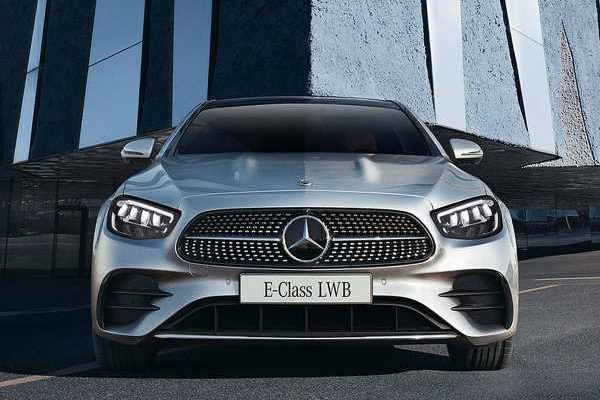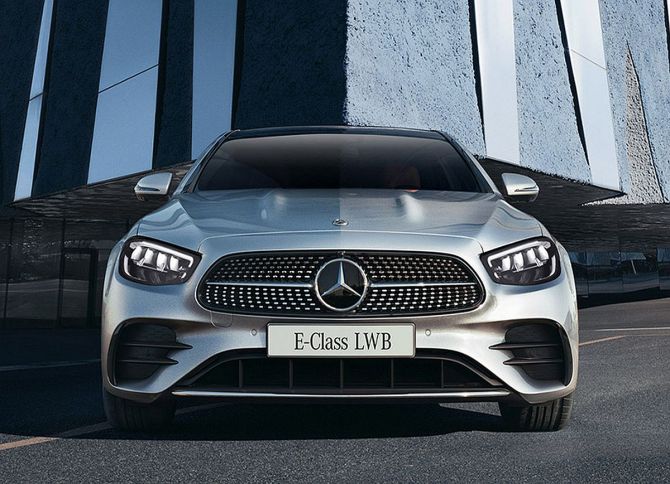Sales of Mercedes-Benz in the country have jumped by 36.67 per cent to 16,497 units in 2022-23 amid high demand for its top-end vehicles, according to its India MD & CEO Santosh Iyer.
“This is the highest-ever sales recorded by the company in any financial year,” he stated.
In the luxury car segment of India, Mercedes-Benz is the market leader with about a 42 per cent share.
“The biggest growth we have seen is in the TEV (top-end vehicles priced at more than Rs 1 crore ex-showroom) segment that has grown by 107 per cent in 2022-23.
‘That explains the changing profile of the customer in India.
‘Customers are preferring TEVs more than the other cars,” Iyer told Business Standard in an interview.
About seven out of its total 24 models in India are TEVs.
The company is assigning dedicated key account managers for 8,000 TEV customers.
He said more TEV customers will be assigned such managers.
The German carmaker’s best-selling models in India were its sedans — E class and C class — and they observed a strong growth of 27 per cent in FY23, he mentioned.
After seeing its sales drop in FY20 and FY21, the company has seen a significant jump in FY22 and FY23.
“The market continues to remain strong.
“We have increased the prices twice this year, but we are seeing that the demand continues to be there.
“The interest rates have not gone up, so that is a strong direction from the government to push more consumption.
“With this, we are confident of a double-digit growth in 2023,” he added.
Earlier this year, the company had announced it would launch 10 new models in India in 2023.
During the last fiscal year, the company saw more women buying its cars.
“From 7-8 per cent before the pandemic, women buyers now comprise about 15 per cent of our total customer base,” he mentioned.
On Tuesday, the company launched the Mercedes-AMG GT 63 S E Performance, which is its first plug-in hybrid car to be launched in India.
However, Iyer clarified that the plug-in hybrid is a “transitional” technology.
“In the future, we would be all-electric, even in the performance car segment,” he added.
The German carmaker has already stated that it will transition to producing all-electric vehicles by 2030.
“These plug-in hybrids will remain until that time,” Iyer stated.
He stated that the plug-in hybrid optimises the best of both technologies (combustion engine and electric engine), and it helps in boosting output in the performance segment.
“In this car, an additional 150 kW is provided by the electric motor, and this really gives a strong output.
“It helps the car to accelerate from 0 to 100 km per hour in 2.9 seconds,” he mentioned.
Source: Read Full Article


